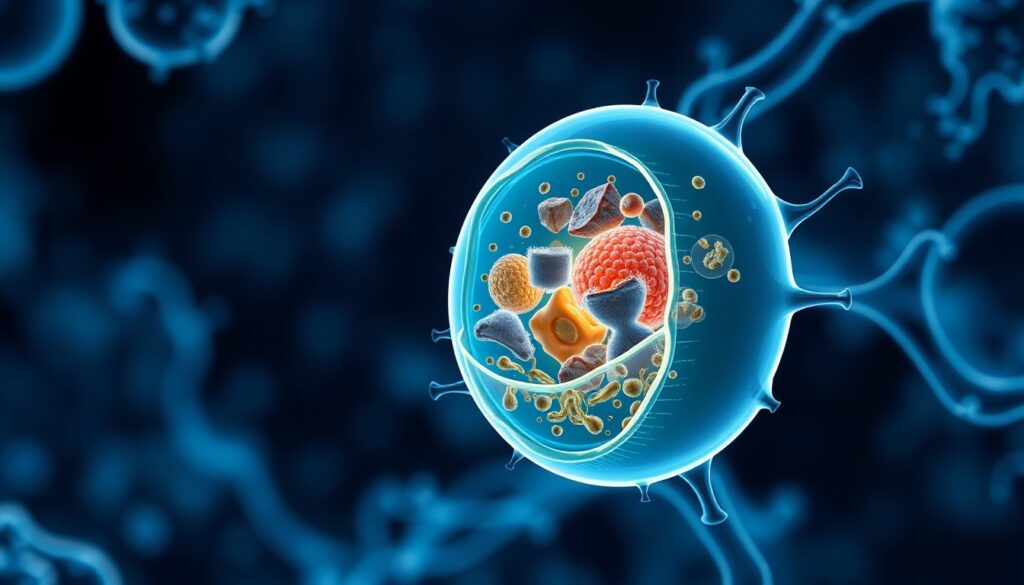Navratri is a festival that beautifully encapsulates the essence of life’s battles, victories, and transformations. Through the celebration of Goddess Durga, it teaches us the power of inner strength, resilience, and the importance of balancing life’s forces. As we dance, fast, and worship during these nine nights, we are reminded to channel the divine energy within us, confront our inner darkness, and emerge victorious, just as Durga did.

The Significance of Navratri
Navratri, meaning “nine nights,” is dedicated to the nine different forms of Goddess Durga. Each day of the festival is associated with a specific form of the goddess, each carrying its own symbolism:
- Shailaputri – The daughter of the mountains, symbolizing nature and purity.
- Brahmacharini – The goddess of penance and austerity, representing discipline and devotion.
- Chandraghanta – The goddess with a bell-shaped moon on her forehead, symbolizing courage and bravery.
- Kushmanda – The goddess who created the universe with her smile, representing creativity.
- Skandamata – The mother of Lord Kartikeya, symbolizing nurturing and motherhood.
- Katyayani – The fierce form of Durga, symbolizing strength and the destruction of evil.
- Kaalratri – The dark goddess who destroys ignorance, symbolizing fearlessness.
- Mahagauri – The goddess of purity and serenity.
- Siddhidatri – The granter of wisdom and knowledge.
Each day serves as a reminder to reflect on these qualities within ourselves and cultivate them in our lives.
The Importance of Fasting During Navratri: Detoxification and Health Benefits
Fasting during Navratri is a significant spiritual and cultural practice, but it also holds profound health benefits. The practice of fasting, whether partial or complete, is believed to purify both the body and mind, allowing individuals to connect more deeply with their spiritual self. While the spiritual intention behind fasting is to demonstrate devotion and self-discipline, modern research reveals that fasting also plays an important role in detoxifying the body, rejuvenating organs, and offering a variety of health benefits.
Let’s explore the significance of fasting, how it acts as a detoxification process, and the multitude of other benefits it brings.

Detoxification Through Fasting
Fasting has long been recognized as a way to detoxify the body. During Navratri, fasting generally involves abstaining from certain types of food, such as grains, meats, and processed items, and instead consuming fruits, vegetables, nuts, dairy products, and select grains like buckwheat, amaranth, or water chestnut flour. This shift in diet allows the body to rest and rejuvenate. Here’s how fasting aids in detoxification:
- Rest for the Digestive System: Fasting gives the digestive system a much-needed break. When we continuously consume heavy, processed foods, the digestive system works overtime to break them down. Fasting on lighter foods like fruits, vegetables, and specific grains during Navratri helps cleanse the stomach and intestines, allowing them to function more efficiently.
- Elimination of Toxins: By avoiding processed and oily foods, the body begins to naturally eliminate accumulated toxins. The liver, kidneys, and other detoxifying organs are given the opportunity to flush out harmful chemicals and waste. This process can reduce inflammation, improve metabolic function, and contribute to overall well-being.
- Cellular Repair and Regeneration: Fasting triggers autophagy, a process where the body cleans out damaged cells and regenerates new, healthier cells. This process not only detoxifies the body but also slows down the aging process, improves immune function, and promotes cellular rejuvenation.
- Balancing Body pH: Many modern diets tend to be overly acidic due to the consumption of processed foods, caffeine, and sugar. Fasting on alkaline-rich foods like fruits, vegetables, and seeds helps balance the body’s pH, reducing acidity and promoting an alkaline environment, which is better for overall health and disease prevention.
Health Benefits of Fasting
Fasting during Navratri is not just a spiritual practice; it also offers numerous health benefits that promote physical and mental well-being:
Weight Management: Fasting during Navratri can help in weight management by reducing calorie intake and encouraging mindful eating. Since only light and easily digestible foods are consumed, it allows the body to burn stored fat for energy. This, coupled with the detoxifying effects, helps reduce bloating and promotes a feeling of lightness.

- Improved Metabolic Health: Fasting helps reset the body’s metabolism by improving insulin sensitivity and blood sugar levels. This makes it easier for the body to break down glucose efficiently, reducing the risk of conditions like diabetes and metabolic syndrome.
- Heart Health: By consuming lighter, more nutritious food during Navratri, fasting can reduce cholesterol levels, lower blood pressure, and promote better cardiovascular health. Additionally, fasting can reduce inflammation, which is a leading cause of heart disease.
- Enhanced Mental Clarity: Fasting during Navratri often brings with it a sense of mental clarity and focus. As the body detoxifies, many people experience a reduction in brain fog and improved cognitive function. Abstaining from heavy, processed foods allows the brain to focus better, leading to increased productivity and sharper mental faculties.
- Boosted Immune System: Fasting can boost the immune system by stimulating the production of new white blood cells. As old cells are cleared out during autophagy, the body produces new cells to replace them, strengthening immune defenses. Furthermore, the consumption of nutrient-rich foods during Navratri helps fortify the body’s natural defenses.
- Hormonal Balance: Fasting can help balance hormones such as insulin, leptin, and ghrelin, which are crucial for regulating hunger, metabolism, and energy levels. This can lead to better appetite control and improved mood regulation.
- Anti-Inflammatory Effects: Fasting reduces the consumption of inflammatory foods like refined sugar, oils, and grains. This shift toward a more plant-based, clean diet during Navratri helps lower inflammation levels in the body, which in turn lowers the risk of chronic diseases such as arthritis, heart disease, and cancer.
Other Benefits of Fasting During Navratri
Apart from detoxification and health benefits, fasting during Navratri offers numerous psychological and spiritual benefits, which enhance personal growth and foster a deeper connection with the divine.

- Spiritual Discipline: Fasting is a form of self-discipline that allows individuals to exercise control over their senses and desires. It reminds us of the importance of practicing restraint and focus in daily life, beyond material cravings. By controlling what we eat, we develop a greater awareness of how to control our thoughts and emotions.
- Increased Mindfulness: Fasting brings mindfulness to our eating habits. Since the festival encourages devotees to consume specific foods, it cultivates an awareness of what we put into our bodies. This conscious approach to food consumption can lead to better long-term eating habits and a healthier relationship with food.
- Mental Purification: The cleansing of the body through fasting is mirrored by a purification of the mind. Fasting encourages inner peace, mindfulness, and reflection, as it is often accompanied by meditation and prayers. This mental clarity can result in emotional healing, reduced anxiety, and greater overall happiness.
- Strengthening of Willpower: Observing a fast, especially over multiple days, requires strong willpower and commitment. This can translate into other aspects of life, helping individuals develop greater mental strength, determination, and the ability to tackle challenges with resilience.
- A Sense of Community: Fasting is often a collective experience during Navratri, where families and communities come together to share meals and prayers. This strengthens social bonds and reinforces shared cultural values, fostering a sense of belonging and unity.
Fasting and the Seasons
One of the key reasons Navratri is considered an important time for fasting is its alignment with the seasonal transition. Navratri typically marks the shift from monsoon to autumn, when the body is naturally more prone to ailments due to changes in temperature and the environment. Fasting during this period helps the body adjust to these changes, detoxifying it and boosting immunity in preparation for the new season.
By avoiding heavy, greasy foods, fasting during this time helps prevent digestive issues that are common during seasonal shifts, such as bloating, indigestion, and infections. The lighter diet supports a smoother transition into the cooler months, when the body needs to conserve energy.
Conclusion

Fasting during Navratri is an ancient practice with modern-day relevance. While its primary purpose is spiritual, fasting offers numerous health benefits, from detoxifying the body to enhancing metabolic function, promoting heart health, and boosting mental clarity. More than just a physical cleanse, fasting helps reset the mind, encouraging mindfulness, discipline, and a deeper connection with the self and the divine.
As we observe this beautiful tradition, we not only purify our bodies and minds but also embrace a lifestyle that promotes health, well-being, and inner peace. Navratri fasting is a reminder that true strength lies not just in physical power but in mental and spiritual resilience, guiding us toward a healthier, more balanced life.